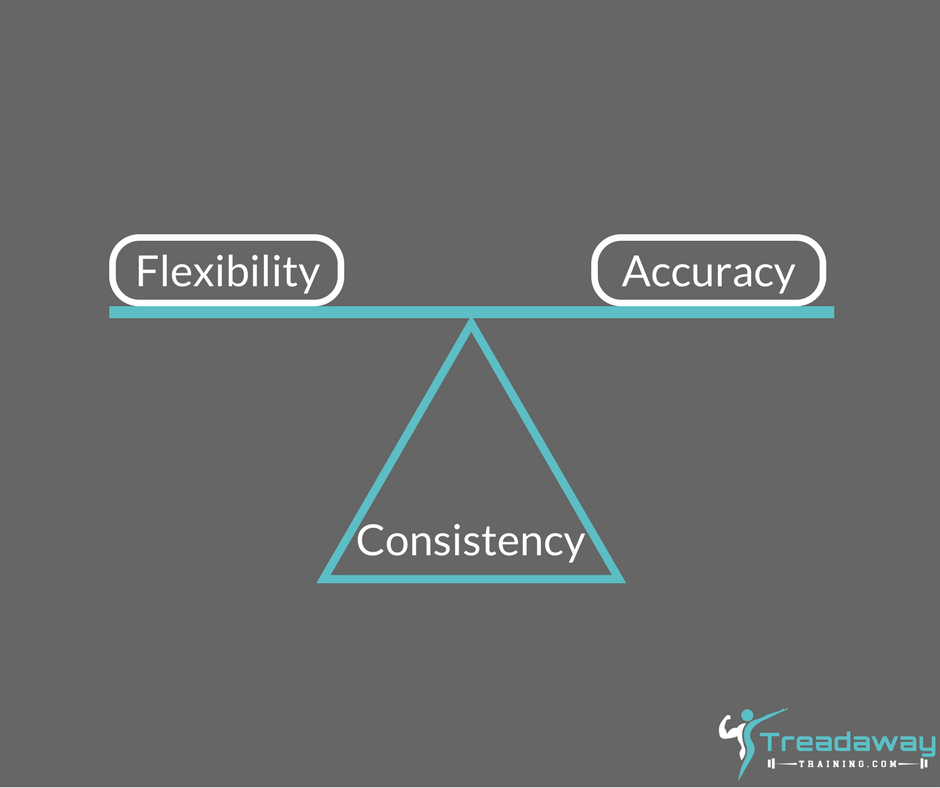It goes without saying that if your goal is to lose fat, you're going to have to monitor your intake to some degree. The question I pose to you is, how closely should you monitor it? The more closely you track what you're eating, the better your results will be; however, that doesn't mean you should chase every grain of rice that falls off your food scale.
Balancing Accuracy and Flexibility
Accuracy requires mental energy. The more effort you put into being accurate, the more willpower you take from your willpower reserves. If you monitor yourself too strictly for too long in an attempt to be perfectly accurate, you will eventually drain your willpower reserves until they're dry. This is the point where an all-you-can-eat buffet binge typically comes into play. Then comes a period of extreme rigidity in the diet to make up for that setback and the cycle continues. On the other hand, if you're too flexible, you won't have enough accuracy to make progress. You want to be as accurate as you need to be, in order to be consistent enough to hit your goals.
How accurate should you be?
Different situations require different amounts of accuracy. If you are a bodybuilder seeking to step on stage on a specific date, it will require much more accuracy than someone just wanting to lose a few pounds with no deadline. (As a side note, I do recommend you set deadlines for yourself even if you don't have any type of event you're preparing for.)
As an example, let's say that on one hand, we have a lady named Jane who is already very lean at 120 pounds and is looking to get shredded for a physique competition and has eight weeks until the show. On the other hand, we have a 250-pound, overweight male named John who wants to lose 10 pounds before summer. Jane is less than half the size of John and will have a significantly smaller Calorie intake to work with. She is also already very lean, meaning it will be more difficult for her to continue losing fat. Because of this, Jane will require a much higher level of accuracy than John.
The All or Nothing Mentality
Once you've set yourself a Calorie target (or macronutrient targets depending on how advanced you are), don't get too attached to it. When you start your fat loss diet, set yourself an acceptable range around your targets. For example, if your Calorie target is 1500 Calories/day, give yourself a +/- 100 Calorie buffer. This means anything between 1400-1600 Calories is a win.
It's important to set an acceptable range before you start the diet. Deciding what's an acceptable margin of error after you've been offered a slice of chocolate cake is not going to be good for your fat loss goals.
If you do go outside of this range, don't be too hard on yourself. If you go over by a little, just stop where you are and try again the next day. You haven't done anything morally wrong. You aren't a bad person because you went over your Calorie limit.
Many people will see that they have gone over their target for the day and think that they've blown the diet. At this point, they will say, "Screw it. I've already blown the diet. I might as well get my money's worth." and proceed to eat a whole pizza. Avoid this black or white thinking. This will turn a minor setback into a much bigger one.
Takeaway
When I give my clients nutrition targets, I will tell them, "Be as accurate as you can be without putting unnecessary stress on yourself." Give yourself an acceptable margin of error before you start the diet and if you go over what you're allowed in a day, don't be too hard on yourself. Just stop where you are and try again the next day.
Thank you so much for reading! If you found this information helpful and think others will benefit from it as well, please give this article a share on your favorite social media platform. It helps us out more than you know. If you like what I have to say, sign up below to become a Treadaway Training insider and never miss a post or video. I will be back next week with another fat loss topic. As always, God bless you AND your family and I'll see you next week.



